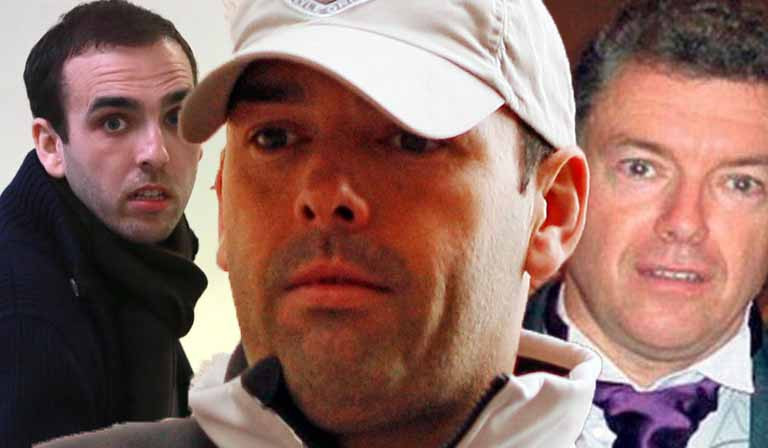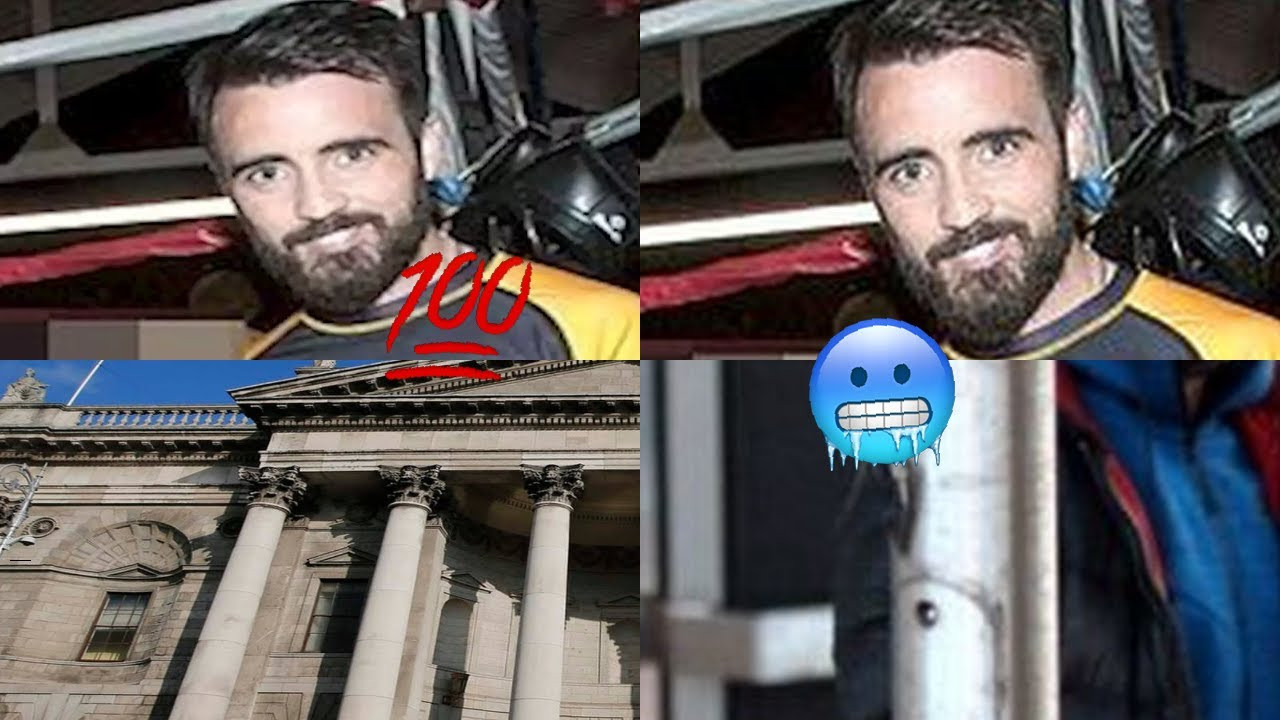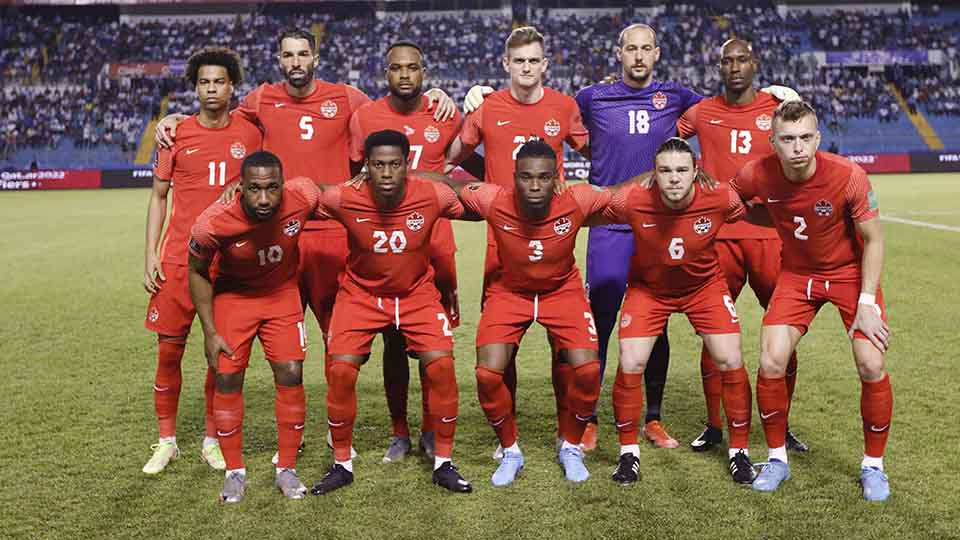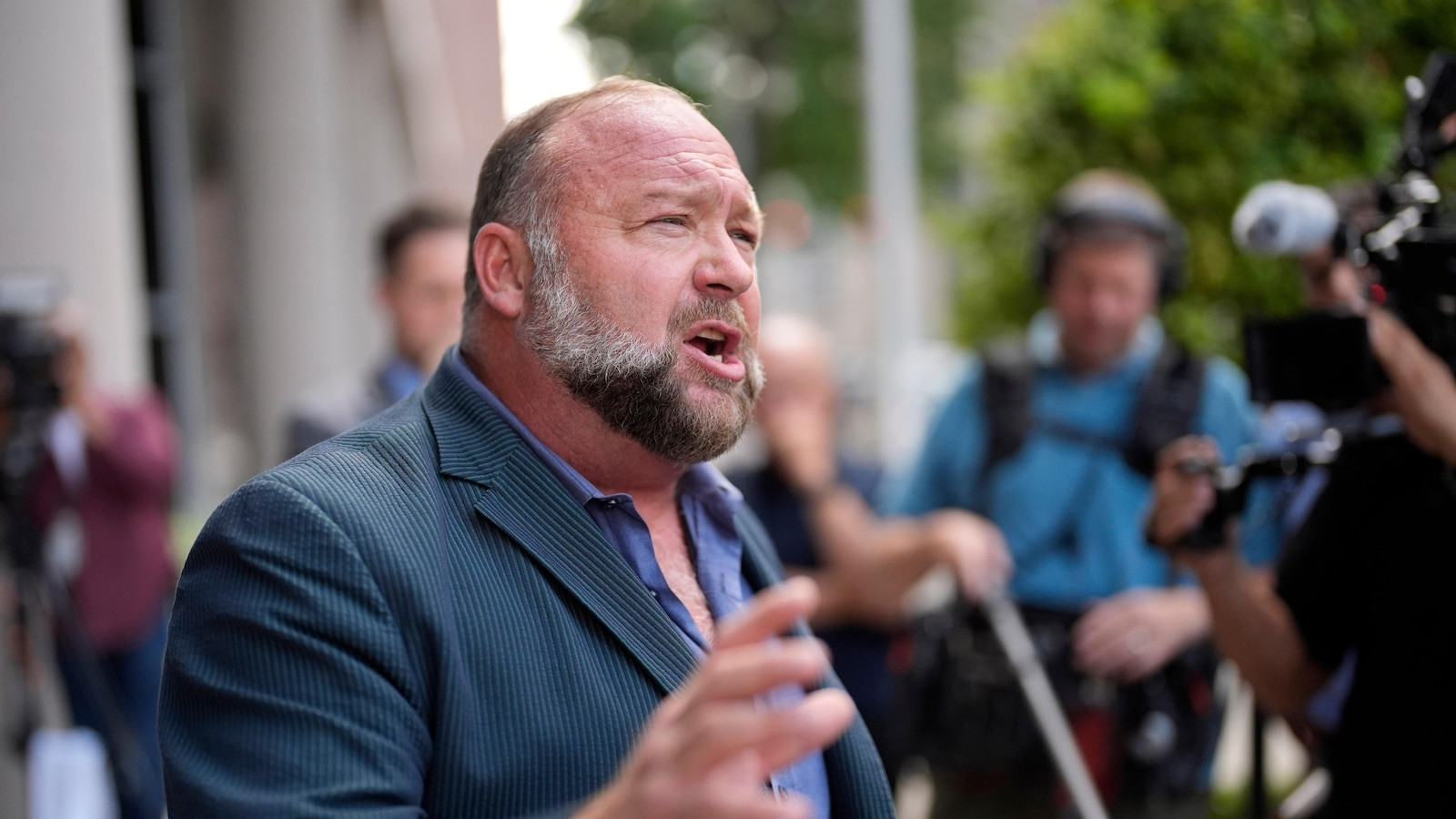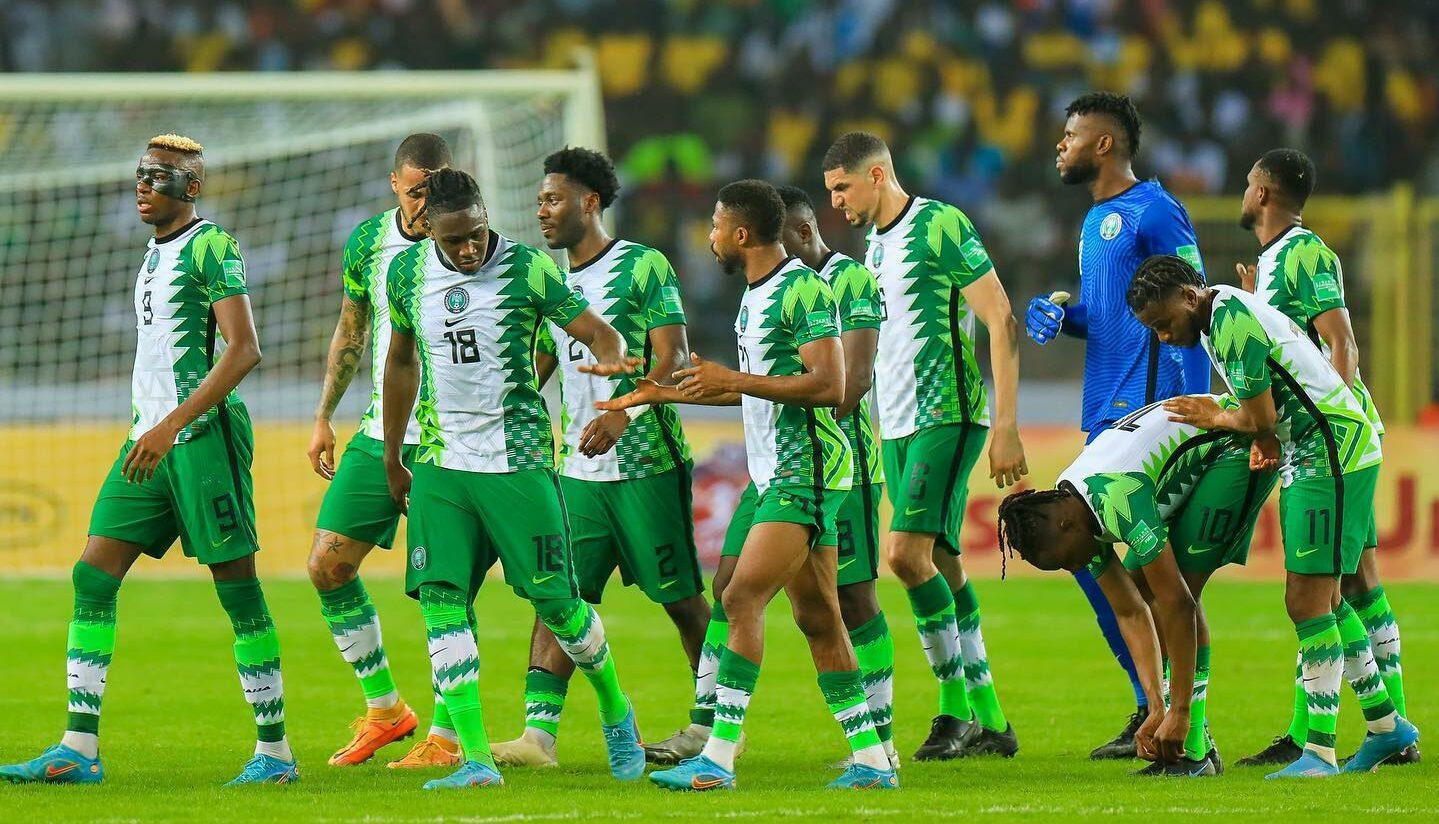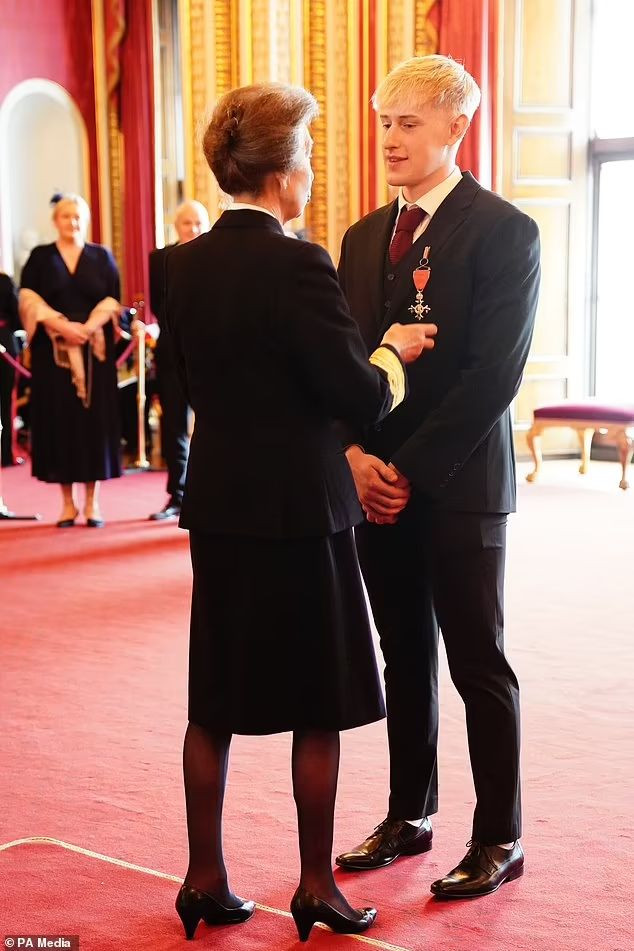Kinahan Cartel's Global Expansion: A New Era of Organized Crime
The Kinahan cartel, once known primarily for its drug trafficking operations in Ireland and the UK, has undergone a dramatic transformation. From its base in Dubai, this formidable criminal enterprise is aggressively expanding its reach and influence, forging alliances with hostile states such as Iran and Russia, and embracing advanced technologies to facilitate its illicit activities. This evolution has significant implications for global security and the fight against organized crime.
Technological Sophistication and Money Laundering
The cartel’s operations are no longer limited to traditional methods. They are now leveraging cutting-edge technology, particularly cryptocurrency, to launder vast sums of money. The National Crime Agency (NCA) recently exposed the cartel's use of Russian networks, 'Smart' and 'TGR,' which facilitated the exchange of cash for cryptocurrency, effectively blending traditional money laundering techniques with modern digital finance. One courier, Igor Logvinov, was arrested last year, his home yielding €57,000 in cash and digital devices. The NCA's ‘Operation Destabilise’ has so far resulted in 84 arrests and the seizure of more than €20 million. This showcases the cartel's ability to adapt to the increasingly complex global financial landscape and utilize technology to evade detection.
The Role of Cryptocurrency
The use of cryptocurrency allows the Kinahan cartel to seamlessly move funds across borders, making it significantly more difficult for law enforcement agencies to track and seize their assets. This digital approach to money laundering significantly increases the challenges for international cooperation in combating this criminal network.
Alliances with Hostile States: A Geopolitical Dimension
Perhaps the most alarming aspect of the Kinahan cartel’s evolution is its strategic alliance with Russia and Iran. This is not a mere alliance of convenience; it’s a calculated move to enhance the cartel's power and resilience. The links to Russia's criminal underworld and its intelligence agencies, as noted by Neil Robinson, an expert on Russia at the University of Limerick, illustrate a post-Soviet development, reflecting the intricate relationship between organised crime and security services in the region. The cartel's engagement with Russian proxies in South America highlights its global ambitions, including facilitating illicit transactions involving arms and aircraft technology. The Kremlin's tolerance for corruption and criminality suggests a strategic assessment of Kinahan's usefulness, though the reputational risks for Russia remain significant.
This alliance also extends to Iran. The involvement of Naoufal Fassih, a Dutch criminal linked to the murder of an Iranian dissident, highlights the cartel's involvement in politically motivated assassinations, which, as stated by Lincoln Bloomfield Jr., a former US ambassador, serves to suppress criticism and exert pressure on governments through criminal collaborations. The cartel’s links to hostile states are not just a survival mechanism; they transform the cartel into a hybrid organisation, operating in both the criminal and geopolitical spheres. This presents a new challenge for international law enforcement, as combating the cartel requires addressing its geopolitical connections. This level of involvement represents a significant escalation in the nature of the threat posed by the Kinahan cartel.
The Future of the Cartel and International Cooperation
The implications of the cartel's strategic realignment with Russia and Iran are profound. Initial hopes that bilateral agreements between Ireland and the UAE could pressure Dubai to extradite Kinahan and his associates seem to have diminished. Intelligence suggests the cartel has cultivated connections within Emirati authorities. This allows them to anticipate extradition attempts, signaling that the cartel expects to relocate should the pressure intensify. Kish island off Iran and locations within Russia's sphere of influence are potential safe havens. The cartel's actions exemplify the exploitation of global divisions to expand reach, protect interests, and undermine justice. Garda Commissioner Drew Harris has issued an ultimatum to Kinahan associates: cooperate or face lengthy prison sentences. He's also emphasized increased international efforts to pursue the cartel's leaders if they flee Dubai, acknowledging the challenges of pursuing them to potential sanctuaries such as Russia. The successful publishing of images of persons of interest in relation to the 2023 Dublin riots demonstrates Gardaí's proactive approach, though it also highlighted the influence of foreign social media on the events. This evolution underscores the need for enhanced international cooperation and a coordinated strategy to dismantle this globally connected criminal network. The ongoing investigations and the pursuit of extradition requests are critical elements in this global fight against organized crime.
A New Dawn for International Law Enforcement
The Kinahan cartel’s actions signal a worrying trend: organized crime groups are leveraging geopolitical instability for their own benefit. This requires a fundamental shift in how law enforcement agencies approach transnational crime. The close ties between the cartel, hostile states and technology demand a new level of cooperation and coordination to combat such a sophisticated, and dangerous, criminal enterprise. Only through robust international partnerships and innovative investigative strategies can we effectively counter this multifaceted threat. The world is watching closely. The future will determine whether international authorities can successfully contain the cartel's expansion and bring its leaders to justice. The stakes are high, and the consequences of inaction are significant.





